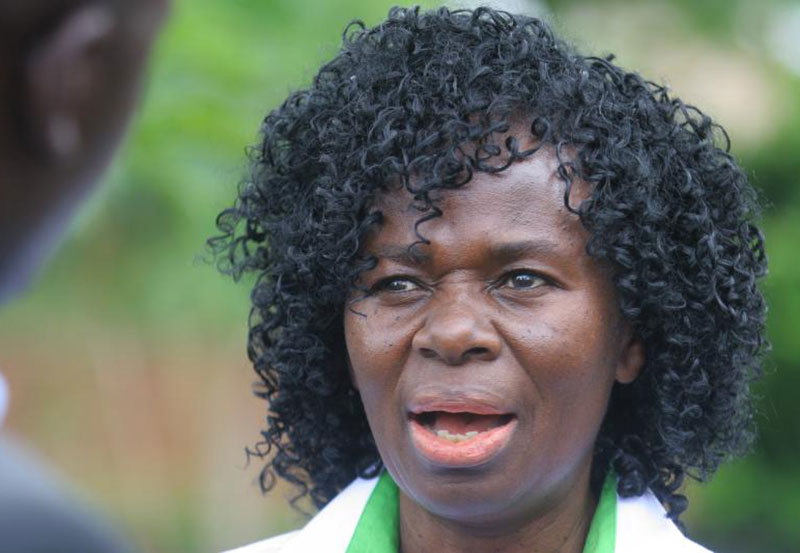×
The Standard e-Paper
Fearless, Trusted News

Neglected nutritious indigenous foods could soon make a comeback on family tables if efforts by Kenyan universities succeed.
At least four universities are exploring the use of edible insects, animals and neglected crops as viable alternative foods to strengthen national food and nutritional security.